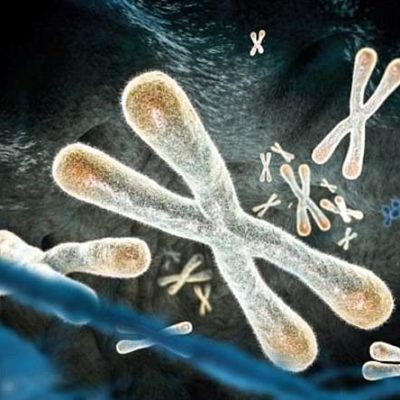Beer lovers rejoice! Researchers at the Katholieke Universiteit Leuven (KU Leuven) have developed a method to improve the taste of beer brewed in closed vessels. The taste of beer primarily depends on a gene mutation in yeast, which the researchers transferred to other brewery strains using the CRISPR/Cas9 gene-editing tool. The team identified a gene responsible for the banana-like flavor in beer and found that a single mutation in the MDS3 gene was crucial for the production of isoamylacetate, the chemical compound responsible for the flavor. Interestingly, this mutation was also responsible for the majority of pressure tolerance in the yeast strain studied. The researchers used CRISPR/Cas9 to introduce this mutation into other brewery strains, resulting in improved taste.
Beer has a long tradition in human culture, with evidence of brewing dating back 13,000 years in Israel. In the past, beer was brewed in open, horizontal vessels, but the industry shifted to closed vessels in the 1970s for ease of use and cost reduction. However, the resulting pressure from carbon dioxide during fermentation can affect the taste of beer. The KU Leuven researchers focused on improving the taste of beer brewed in closed vessels by identifying the genes responsible for commercial properties and taste in yeast.
The researchers’ use of CRISPR/Cas9 to introduce the mutation responsible for the banana-like flavor into other brewery strains is a significant breakthrough in understanding how high carbon dioxide pressure affects beer taste production. This research could lead to further improvements in beer taste and production, benefiting beer lovers worldwide.










